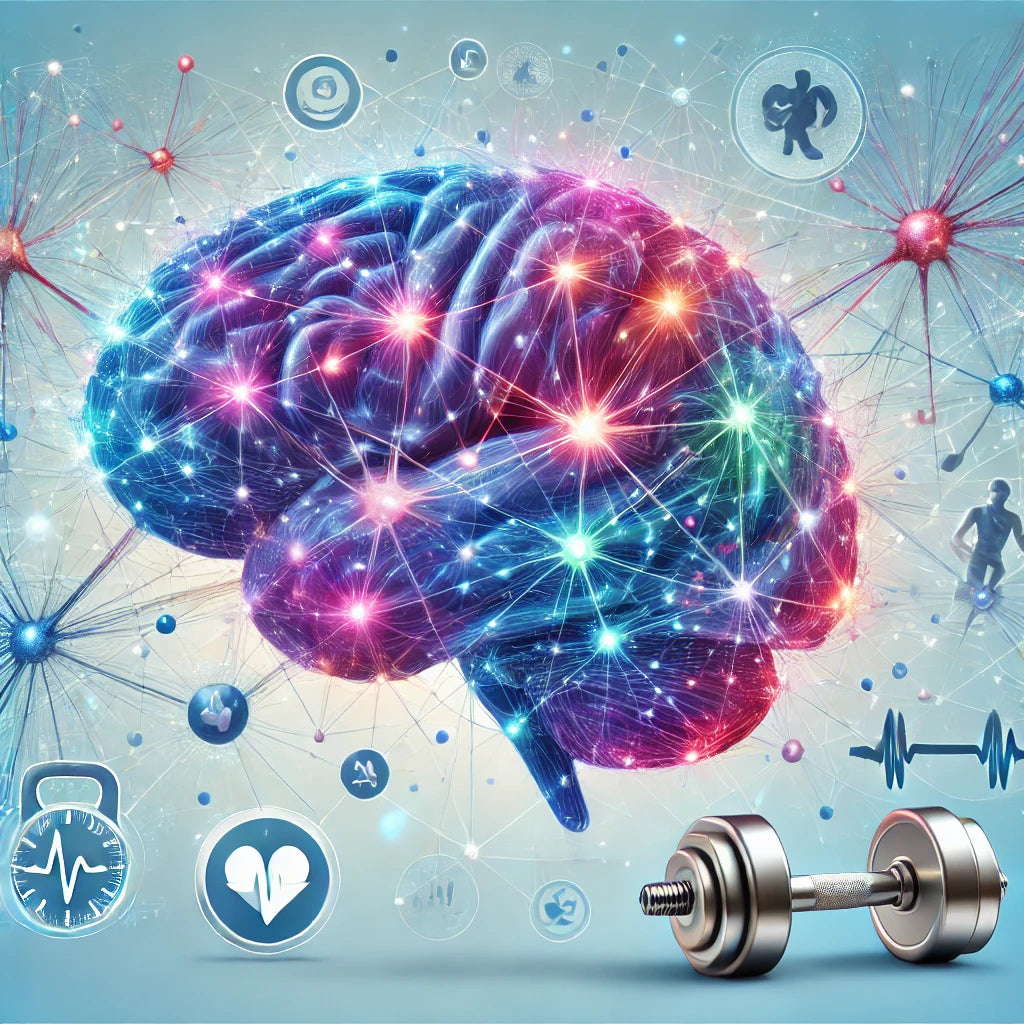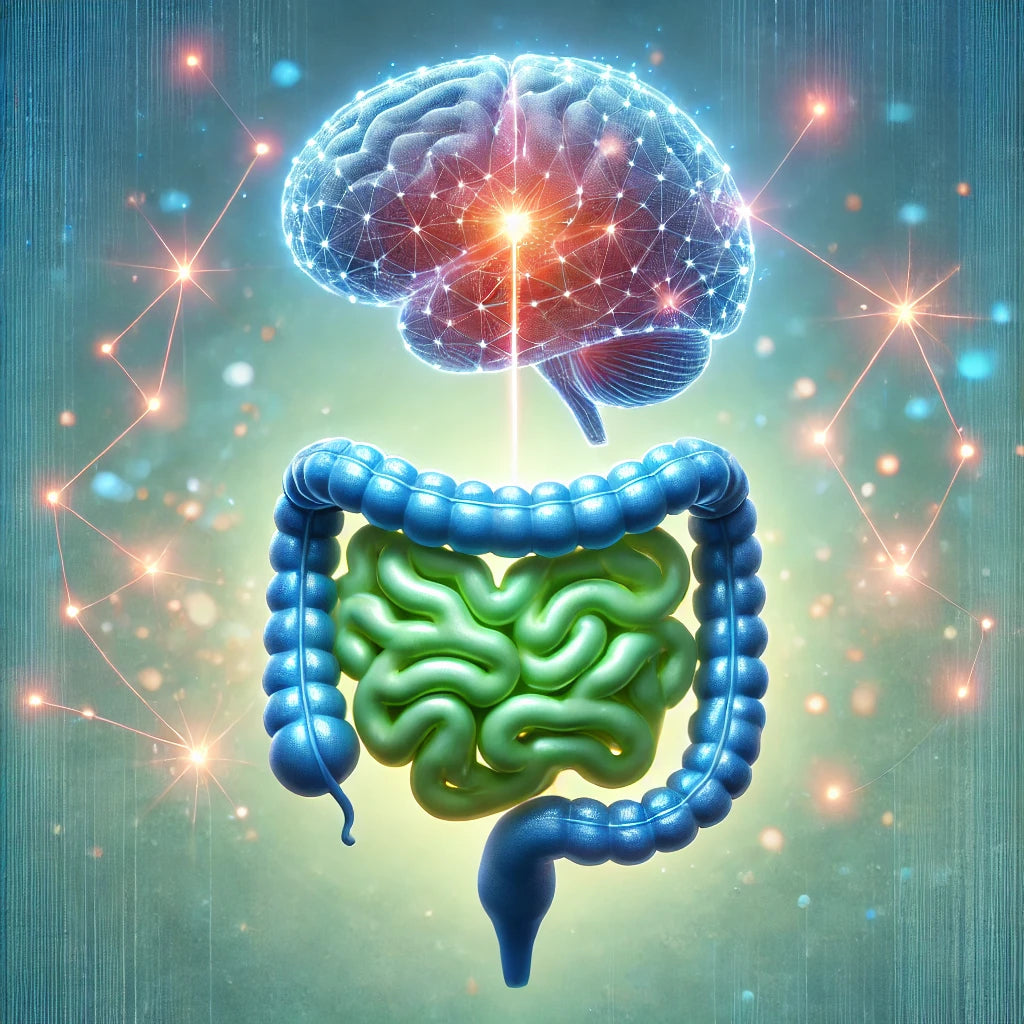News — neurotransmitters
Exercise and Brain Plasticity: Enhancing Cognitive Health Through Physical Activity
aerobic exercise BDNF brain function brain plasticity cardiovascular health cognitive health cognitive resilience cognitive therapy endorphins exercise benefits hippocampus memory improvement mental agility mind-body exercises neurogenesis neuroplasticity neurotransmitters strength training stress reduction synaptic plasticity
Physical activity and cognitive health have a closer link than many realize, with mounting scientific evidence that exercise can profoundly impact brain plasticity and overall cognitive well-being. Brain plasticity, or neuroplasticity, is the brain’s remarkable ability to adapt, form new connections, and reorganize itself in response to learning and experience. The benefits of exercise extend beyond physical fitness; they stimulate mental agility, improve memory, and even bolster emotional health. Here, we’ll explore how exercise triggers neuroplasticity and the positive effects this has on the brain's structure and function.
Probiotics and Mental Health: The Gut-Brain Connection
Anxiety Relief Bifidobacterium cognitive function depression support gut health gut microbiome gut-brain connection healthy digestion holistic mental health Lactobacillus mental health neurotransmitters probiotics probiotics and anxiety probiotics and depression probiotics benefits probiotics for brain health serotonin stress management vagus nerve
The connection between gut health and mental well-being has become a fascinating area of research in recent years. As scientists continue to explore the complexities of the human body, the gut-brain axis has emerged as a key player in maintaining both physical and mental health. One of the most exciting discoveries in this field is the impact of probiotics—often referred to as "good bacteria"—on mental health. While probiotics are commonly associated with digestive health, their influence extends far beyond the gut, potentially affecting mood, anxiety, and even cognitive function.
Understanding the gut-brain connection is crucial in appreciating how probiotics may serve as a bridge between a healthy gut and a balanced mind. The gut and brain are in constant communication, with the gut often being referred to as the "second brain" due to its extensive network of neurons and its ability to produce neurotransmitters like serotonin. This intricate relationship suggests that by nurturing gut health, we can positively influence our mental state, making probiotics a promising avenue for mental health support.


